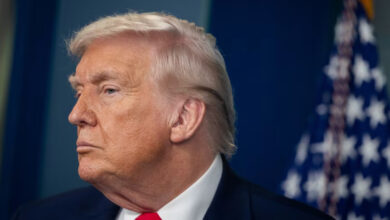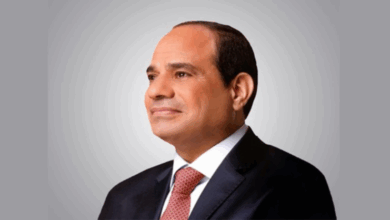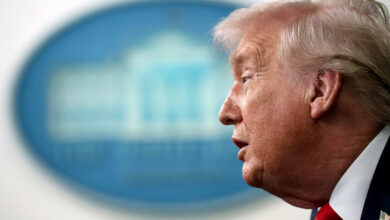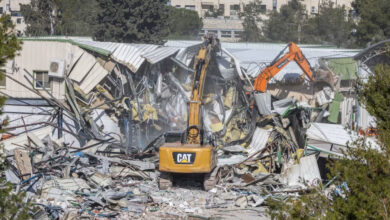JERUSALEM — The US-backed Palestinian administration is negotiating with Israel for permission to develop natural gas off the coast of the Gaza Strip, Israeli and foreign diplomats said on Sunday.
Mediterranean gas could be a windfall for the Palestinian Authority, which operates under Israeli occupation in the West Bank and has alarmed the World Bank by sinking into fiscal crises amid shortfalls in international aid.
As envisaged in the exploratory gas talks initiated by peace envoy Tony Blair, the PA would alone levy tariffs on any eventual revenues from private pumping in Gazan waters, though breakaway Hamas Islamists govern the coastal enclave.
Israel, which keeps Gaza under a close maritime blockade, said it had held "initial negotiations" with the PA, and at its behest, about the Palestinian gas.
"Development of the Gaza Marine gas field will generate revenues that could contribute dramatically to Palestinian fiscal sustainability," the Israeli Foreign Ministry said in a report, published on Sunday, to world powers coordinating economic aid for the Palestinians.
PA officials could not immediately be reached for comment.
Blair's spokeswoman Ruti Winterstein said he secured Israeli Prime Minister Benjamin Netanyahu's approval in February for the negotiations and they had taken place over recent weeks.
"The (gas) field itself will take around three or four years to develop," she said, adding talks were at a preliminary stage.
Two private partners, Consolidated Contractors Company (CCC) and BG Group, would develop the gas field "and hand over the royalties and the taxes to the PA under the supervision of Prime Minister Fayyad," Winterstein said.
Crying foul
Hamas, which won a Palestinian election in 2006 and sat in an uncomfortable alliance with President Mahmoud Abbas's secular Fatah faction until they fought a civil war a year later, cried foul at the gas plans.
"We do not recognize any agreement reached by the Palestinian Authority regarding the gas fields off Gaza's shores, and the government in Gaza should be consulted over any agreement of this kind," said Hamas spokesman Sami Abu Zuhri.
Blair, a former British prime minister, represents the so-called Quartet of Middle East peace brokers — the United States, European Union, Russia and United Nations.
Israel has been vigorously developing its own Mediterranean gas fields in a hope for energy independence partly spurred by political instability and pipeline sabotage in neighboring Egypt, which once supplied 40 percent of its gas.




